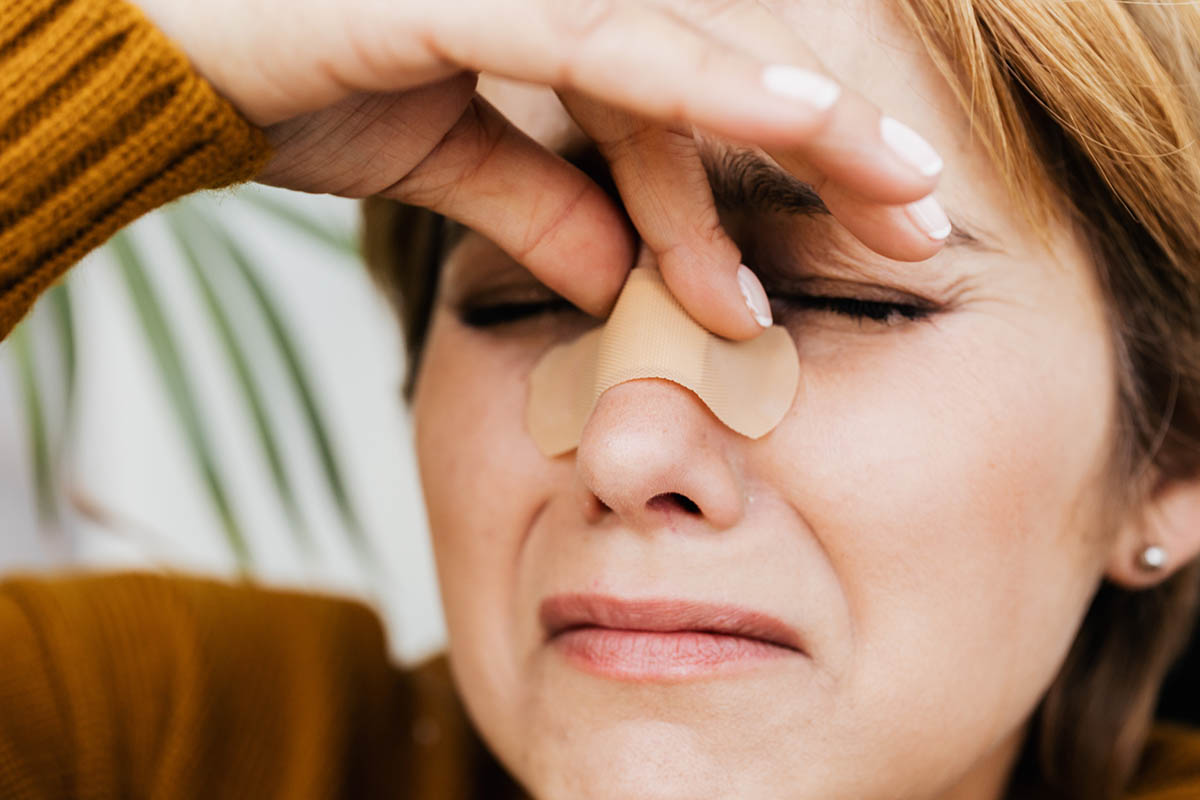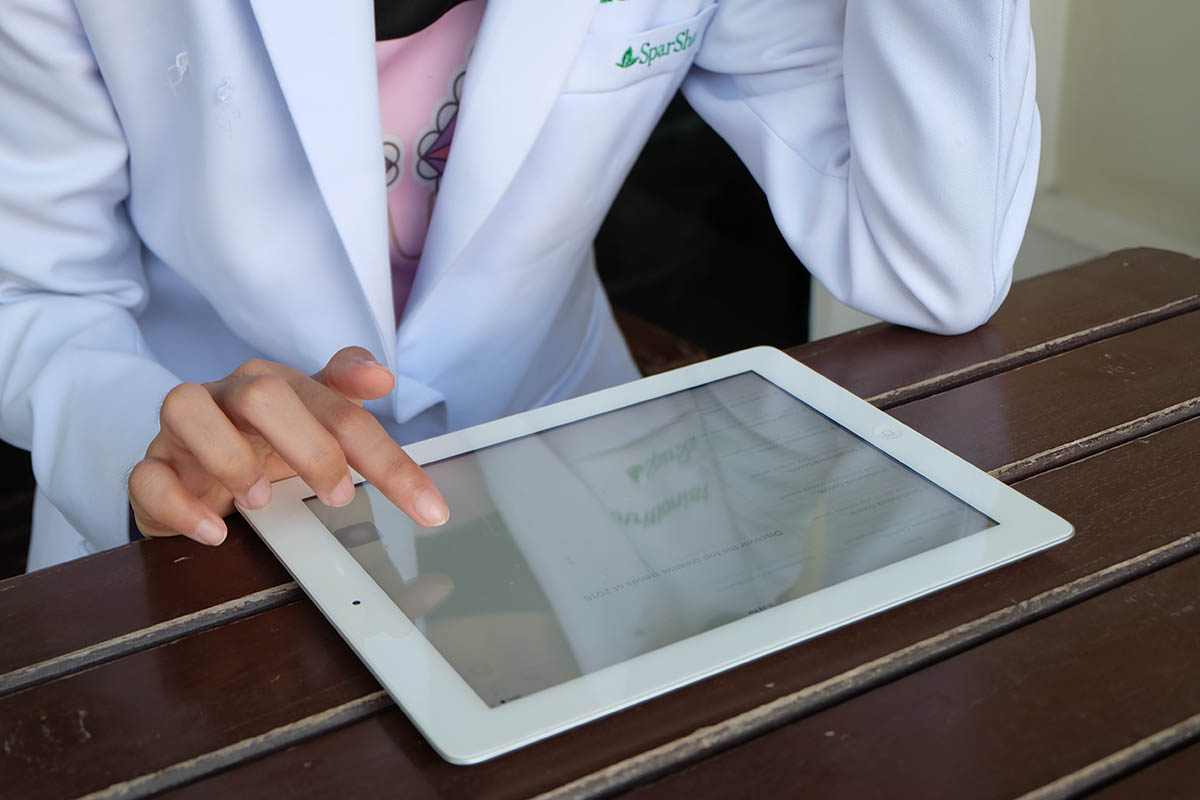Following the correct surgery recovery procedures is vital for speeding up the time needed to get better and preventing further issues. However, each case is different, and you may need to pay special attention to certain things.
If you don’t follow certain things and advice, you can make your recovery longer and end up in the hospital again. Your doctor will tell you what to do after seeing them for surgery. Here are some tips to help get you off to the right start.
Correct Surgery Recovery Procedures: Understand Your Individual Needs
Although your doctor can give you advice, and you can even Google what to do, your case is different from someone else. Therefore, you have individual needs, and what applies to one patient may not necessarily apply to you.
For instance, if you have a procedure to correct deformities of your nose, what you need to do for a speedy recovery is different than that of deep vein thrombosis treatment. You should consider your work, personal needs, and family.
Do As Your Doctor Says
Of course, your doctor will provide a certain amount of aftercare following any procedure. But moving forward, they cannot be with you all the time. They will give you advice too.
But you are ultimately responsible for yourself once you leave the medical building. And while some advice can appear draconian, it is there to ensure your recovery goes as well as it can without medical supervision. So always follow your doctor’s advice as much as you possibly can.
Surgery Recovery Procedures Include Follow Ups
Around 15% of follow-up appointments are missed across the medical sector. There are many reasons for this, such as family commitments and work. But they are a part of the recovery and allow you to bring up any concerns with your medical advisors.
Additionally, they are there to help ensure no issues with your procedure and recovery. And a follow-up will help your doctor identify any issues early on so you can both work on them quickly.
Pay Attention to Personal Hygiene
Personal hygiene is vital when recovering from surgery, no matter what it is. This is because you have open wounds, and this provides bacteria the perfect opportunity to get inside your system can cause infection. Additionally, you may have been prescribed medication that lowers the effectiveness of your immune system following specific types of procedures. So, always wash your hands before touching an incision, and pay particular attention during the first 30 days.
Have Someone Check Your Wounds
Of course, you shouldn’t touch your wounds unless you really need to or you have been advised to check them often. Depending on where your incisions are, they can be easy or difficult to check. And in some cases, trying to check them could cause injury or pain. So have someone you trust check them for you if this is the case. Also, ensure they follow the proper hygiene procedures beforehand and know about the severity of your wounds to check them.
Follow a Healthy Diet
You may not be aware, but your diet can play a key role in your recovery. And it can even help heal your wounds faster. Of course, you might lose your appetite following surgery. But actively making sure you eat right can provide massive health benefits. Here’s how to do it the right way:
- Eating a diet rich in protein will help your wounds recover much faster.
- Whole grains will help you with constipation which is common after surgery.
- Eating a rainbow of fruits will help you fight any infections with more vitamin C.
- Fresh vegetables will also boost your vitamin intake and provide more fiber.
- Healthy fats like olive, peanut, and canola oils will boost your energy.
- Iron-rich foods will help you maintain oxygen levels to fight fatigue after surgery.
- Calcium will help your wounds recover by helping with necessary blood clotting.
Water will also help you recover because it helps your skin regenerate when you are hydrated. Yet it would be best if you also avoided certain things. And it’s no surprise these are the common culprits. Stay away from sugar, alcohol, and processed foods when you are recovering from surgery.
Keep Your Wounds Clean
Hygiene is essential for recovery. But you also need to ensure you keep your wounds and incisions clean as well. And you can even do this wrong with the right intentions.
For example, you may clean away scabs from a wound. But scabs are necessary for healing. Additionally, you may also use alcohol to sterilize your incisions. But you shouldn’t do this unless you have been told to. Just stay away from swimming pools, and take showers just as you normally would.
Don’t Make Sudden Movements
In the first week or so after surgery, you can be sensitive to even the most basic of movements. But sudden movements, such as a jerk or even a sneeze, can cause severe problems for some types of surgery.
For example, a strong sneeze can tear abdominal muscles and even pull away any sutures. This is because incisions take a while to heal and are very weak in the immediate time after surgery. If you need to sneeze, apply pressure to the area where you had the surgery.
Help Surgery Recovery Procedures with Pain Control
Some surgery can be extremely painful in the first few days or weeks. And this is made worse if the surgery was done to help you with an injury.
And pain is obviously uncomfortable. So it would help if you controlled your pain well. And there are other reasons for pain relief. For instance, you can get pneumonia if you don’t allow yourself to cough because the pain is too great. Try the lightest painkillers first, such as OTC products, before you ask for anything stronger from your doctor.
Do Some Very Light Exercises
If you are able to move around after your surgery, then you should. You can help get into a better mindset and expose yourself to getting used to any associated pain.
Of course, don’t make sudden moves and take it easily. Light exercises such as walking will help you retain some positivity and get you back into social settings. It can also help you get back to normal household things and help with other things, such as blood clots and lung problems.
Visit the Emergency Room if You Are Concerned
You will typically have follow-up appointments as part of your recovery. These will help medical staff monitor your situation to make sure everything is going well.
But, of course, you may run into complications along the way. And you should visit the ER if you feel you need to. Specific issues include problems going to the bathroom, bleeding from your incisions, and obvious infection. Try not to leave a problem to get worse, or you could end up being back in hospital.
Correct surgery recovery procedures: summary
There are correct surgery recovery procedures you must follow after having work done. These will help make sure you are on the right track and prevent any more issues from popping up.
So, make sure you know your needs, eat well to get better, and visit the ER if needed. Doing so will ensure you are able to get the best rate of recovery and get back on your feet as soon as you can. Also, stick to what your doctor tells you, go to follow-ups, and ask for help.




















